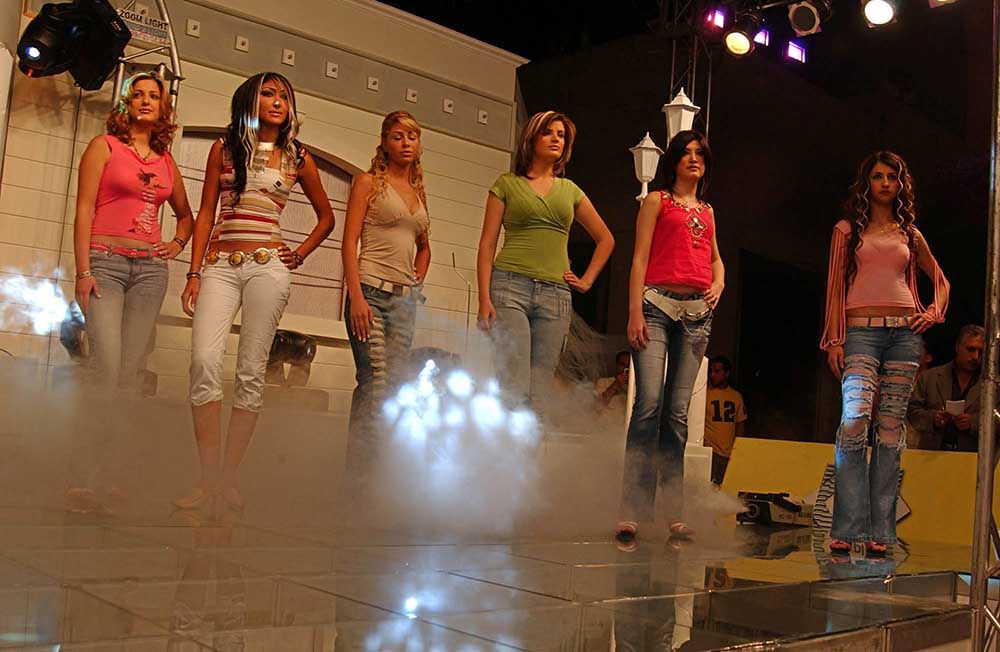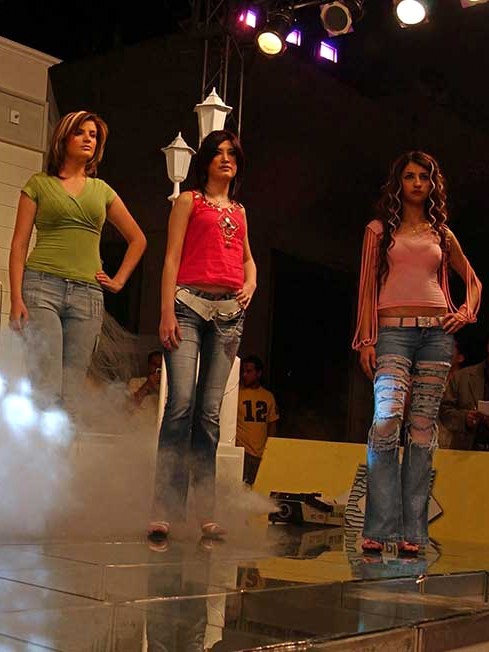
At the beginning of June 2000, I was on assignment in Egypt’s Western desert illustrating a story about the Valley of the Golden Mummies that had recently been discovered near the Baharyia Oasis.
Shortly after the excavation was completed, the Ministry of Antiquities invited the foreign press to attend the opening of the Golden Mummy exhibit at the Oasis Heritage Museum.
On the first day of our visit, we went to the actual site of the discovery and spent the morning exploring the various tombs that still contained mummies. On the second morning, we attended the opening of the exhibit, and as it was winding down we all got word that Syrian President Hafez al-Assad had just died.
All of a sudden the gathered journalists abandoned the Golden Mummy story, hopped in their cars and raced back to Cairo, some five hours away. The first place that I headed, when I got back to the capital, was the Syrian consulate, to try and secure a visa so that I could cover Assad’s funeral.
When I returned to the consulate later that evening to pick up my visa, I was told that I couldn’t go to Syria because I had traveled to Israel. It’s no secret that the foreign press based in Cairo regularly traveled to Israel.
“But why did you single me out?” I asked. “I don’t have an Israeli stamp in my passport!”
“Because you have an Egyptian Rafah entry stamp in your passport,” the official said.
When I traveled to Gaza, which I frequently did, I would go by taxi from Cairo to the border crossing at Rafah.
I tried desperately to explain to the Syrian officials at the consulate that I had gone to Palestinian controlled Gaza and not Israel, and that with the same passport I had already entered Syria on numerous occasions with no problem. In the end all they said was get a new passport and come back.
Even though I was unable to attend Assad’s funeral, I traveled to Syria shortly after for another assignment.
In the beginning Hafez’s son, Bashar al-Assad, was a breath of fresh air. He was young, educated and relatively handsome. Shortly after he came to power, he married Asma al-Akhras, a stunning women from a prominent Syrian Sunni family. She was raised and educated in England and after graduating University worked as an investment banker. Unlike Bashar’s mother, who never accompanied her husband, Asma was seen everywhere with Bashar and even made public appearances on her own.
When Bashar took over the reins of power it felt as if Syria was entering into a new era. The first noticeable change was the removal of all the giant pictures of his father. Even though it was only cosmetic, the idea that his father’s portraits were finally coming down was a revolution in itself.
Throughout the 1990s –and I’m told well before — Damascus was awash with huge murals of the president. They were hanging on light posts, intersections and down the sides of buildings. It seemed like wherever you turned the face of the Assad was staring down at you.
Between 2001 and 2006, Syria went through a perestroika of sorts, similar to what happened in the former Soviet Union a decade earlier. The archaic state monopolies that held the fabric of the country together for decades slowly unraveled, as the private sector was given greater leeway.
Even the state controlled media wasn’t immune, as a few independent media outlets were allowed to operate. One day I visited Al Medina, a privately owned radio station. The Lebanese DJ told me that as long as he just played music there were no restrictions.
During this period, I went to Syria every year to report on the country’s economy. I had unprecedented access to everything that showed the country in a positive light. I was taken on tours of factories, medical facilities, new infrastructure and housing projects, tourist development schemes and just about anything else I requested.
As Syrian expatriates with money returned home from the Arab Gulf countries, the demand for housing and amenities increased. Developers looking to make a profit built apartment complexes, luxury housing units and shopping malls on tracts of empty desert land surrounding Damascus and other major cities.
In order to make Syria more attractive to foreign investors, new hotels were built, including an Intercontinental in Aleppo and the luxurious Four Seasons Hotel in the middle of Damascus. The municipality, for its part, began to plant trees and shrubs as part of a greening campaign to beautify the city centers.
The business districts of Aleppo and Damascus were given facelifts as private banks; designer clothing shops, cellular phone outlets and other new companies opened for business. It didn’t take long for the murals of Hafez al-Assad to be replaced by billboards advertising everything from mobile phones to soda pop.
I attended an international trade fair in Damascus in 2006, and even though it was small in comparison to other trade fairs I had visited in the region, it was a step in a new direction. Besides delegations from Russia and Iran, Syria’s traditional trading partners, there were newcomers such as the French car manufacturer Peugeot, which had just opened an assembly plant outside the capital. The British fast-food chain Dixy Chicken was in attendance, along with other processed food companies and home appliance manufactures from Western Europe.
One evening a Syrian friend called to invite me to a fashion show called “Miss Fashion Model.” If it were anything else, I probably would have skipped it, seeing how tired I was, but a chance to see Syrian beauties strut their stuff along a catwalk intrigued me.
I got to the show shortly after it began and for a moment I thought I was back in Beirut, where such displays of sex appeal are commonplace. Back in the elder Assad’s days, a fashion show like this would have been frowned upon, though not for religious reasons, but rather because of its decadent Western appeal.
When the winner was announced, I couldn’t tell which girl had taken the coveted prize because they all began hugging and congratulating each other. It seemed as if all the girls had taken first prize.
After it was all over I asked my friend why there was no special attention given to the winner. He said that the completion wasn’t so much about picking a winner, as it was a chance for middle class families to show their daughters off to prospective suitors from the upper class.
“The real winners are the girls who actually end up getting married to rich guys,” he said.
Bashar’s experiment with capitalist-style economic reforms reminded me a little of the Miss Fashion Model contest. The reforms were not so much about lifting the very poor out of poverty as they were about seeing whom from the middle class could become wealthy.
In the end, a few people became extremely wealthy, but by and large the limited reforms left unaffected the largest segment of the population — the poor.


